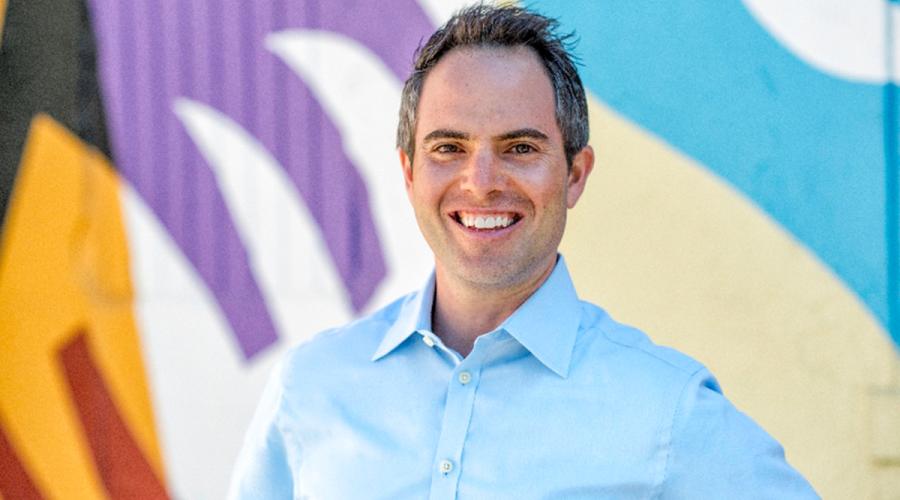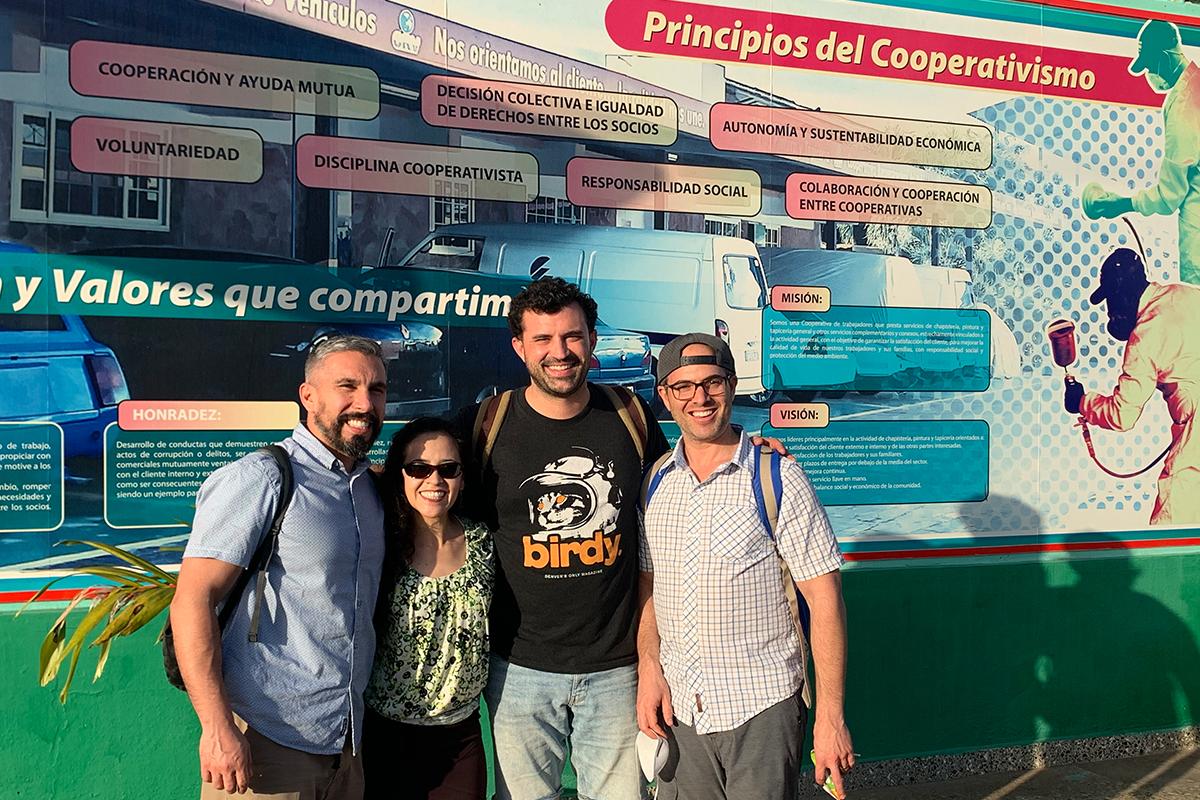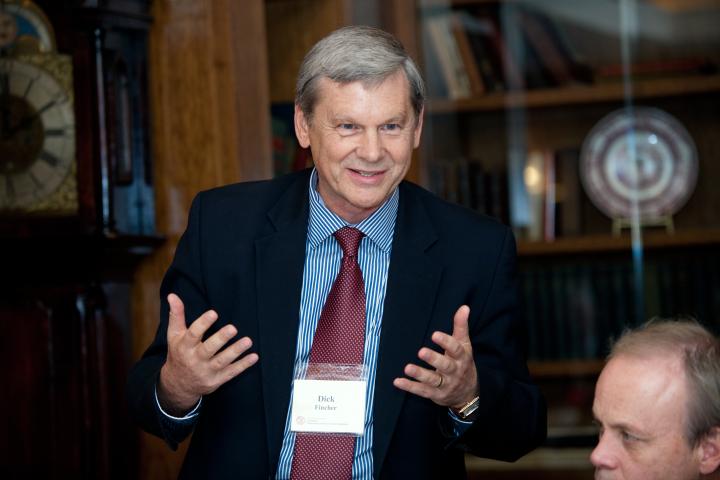
Building an Alternative Economy
Jason Wiener ’02 believes “business and entrepreneurship are the most potent forces for social and environmental change.” Ownership, he says, is the most critical issue of our time.
“I believe the 21st century will be defined by how mindfully and equitably we recalibrate ownership, capital, innovation and opportunity.”
Wiener is founding partner and president of Jason Wiener P.C., Colorado’s first law practice organized as a public benefit corporation. The firm, founded in 2014, focuses on employee ownership and building worker power through legal structures and power sharing.
“We apply our knowledge of broad-based ownership to industries in multiple sectors – transportation, technology, food and agriculture, even manufacturing and light industrial,” he said. “We think expansively and deeply about how to harness ownership to advance social and environmental change.”
The firm started as a night and weekend endeavor while Wiener worked half-time as in-house general counsel for Namaste Solar, an employee-owned solar company. Based in Boulder, Jason Wiener P.C. has grown into a nine-person law firm with attorneys in New England, New York, Ohio and Colorado, and clients in 30 states and four countries.
Wiener’s career has been characterized by wide-ranging experience as an entrepreneur, litigator, activist, organizer and worker-owner.
After graduating from ILR – “the perfect outlet for my progressive ideology” – Wiener earned a degree with cum laude honors in international law at Suffolk University Law School. With labor employment jobs scarce, he first joined Angoff Goldman Manning Wanger & Hynes in New York, and then, from 2006-09, Paul, Weiss, Rifkind, Wharton & Garrison LLP.
During that time, he was a fellow of the New York City Environmental Law Leadership Institute and helped draft green jobs legislation that was adopted by the New York State Legislature. Although not signed into law, “it got me hooked on building policy and movements that would accelerate the transition to a new kind of just economic future and a more humane form of capitalism.”
“The seedlings of this ideal,” he said, “were planted at ILR” and further nurtured when he spent his junior year abroad at SDA Bocconi, a business school in Milan, Italy. “The combination of progressive economic and social teachings with pragmatic finance, economics and business school training put me on this path toward social entrepreneurship – the idea that we could use business and entrepreneurship to solve intractable social environmental problems.”
At ILR, he said, “I read books by Jeffrey Sachs and Tom Friedman about globalization, and it really hit home that we were in the middle of an economic upheaval with no solution, no alternatives.
“I felt that I had the will and the passion to devote my life to finding alternatives. And I’m fortunate to say that within the last 15 years, I can see an immense positive impact from the work I’ve contributed to and the movements I’ve been a part of.”
Wiener moved to Colorado in 2009 to become general counsel for Namaste Solar. There, he helped lead the conversion to an employee-owned cooperative, as well as the subsequent effort to raise outside capital with no control rights or voting rights.

He also was president and served on the board of the Colorado Solar Energy Industries Association and received its 2014 President’s Award. Among other honors, he received the 2013 Best Corporate Counsel Award from the Denver Business Journal.
In 2019, he was named as the inaugural chairperson of the Colorado Employee Ownership Commission, the first of its kind initiated by a governor’s executive order. “I’ve worked with Jared Polis on employee ownership policy while he was in Congress and now as a sitting governor, and we’ve become a beacon of leadership on employee ownership around the state,” Wiener said.
The pandemic presented new challenges and opportunities.
In March 2020, Wiener co-founded the Main Street Phoenix Project to buy struggling restaurants, turn them around and make workers into owners through a cooperative holding company. “We couldn’t raise the capital to grow to the scale needed to be sustainable, so now we’re pivoting to share our learnings and experiences.”
What’s next for Jason Wiener P.C.?
“We’re building a practice around healing, using the legal structures that we specialize in,” Wiener said. “We also have more than a dozen clients engaged in future of work concepts. We’re right at the cutting edge with them – practicing what it means to be in the workforce at this time in history, with the technology, knowledge and trauma that we all have as humans. It’s a really powerful moment.”


